The Most Common Causes of Acne
Just about everyone has experiences with embarrassing pimples and other presentations of acne at least once in their lifetime. The hardest part, many individuals find, is facing the world when acne breaks out. Typically, breakouts are the main contributor to self-esteem issues and insecurities in those who suffer from chronic acne. Notably during adolescent years when acne disrupts skin the most, and many cannot stop touching their blemishes. Fortunately, acne can be minimized and avoided once the culprit is identified.
Oils
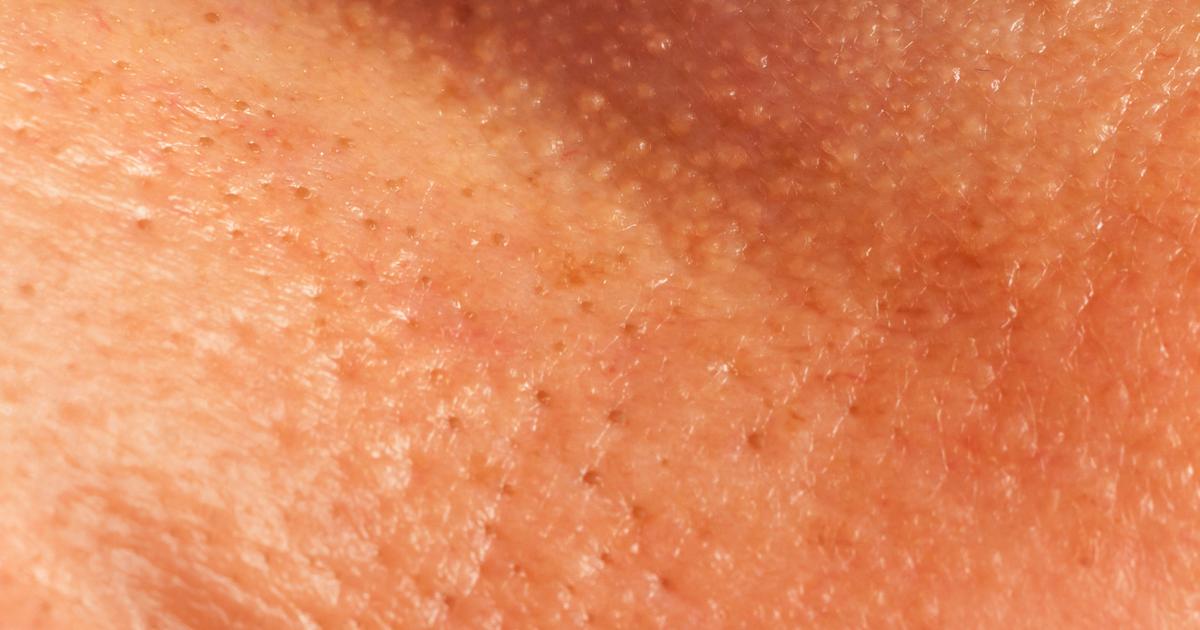
Acne occurs when oil is excreted from the skin and becomes trapped within the pores. Specifically, unnatural oils are the miscreants when acne appears. Individuals who have oily hair, use oil-based makeup or a hefty amount of oil-based hair products, as well as oily skin, are more susceptible to experiencing acne. Some individuals believe stripping their hair and skin of all the oils they can to take this cause out of the equation, but it is important to remember over-stripping can actually cause hair and skin to overproduce oil, which can make acne worse.
Food And Nutrition

Not only will consuming unhealthy or sugary foods contribute to acne breakouts, but eating these foods can also lead to other severe health issues such as heart disease and stroke. Sadly, dairy is a culprit for acne and because of this many individuals choose to eliminate it from their diet or at least reduce their intake. The best option is to find a non-dairy alternative, which will provide necessary daily nutrients. Additionally, research has shown a connection between acne and blood sugar when dieting. Doctors recommend eating lots of fruits and vegetables as well as small meals to manage a healthy blood sugar level. Anyone planning on going on a diet to control their acne should consult a doctor first.
Dehydration
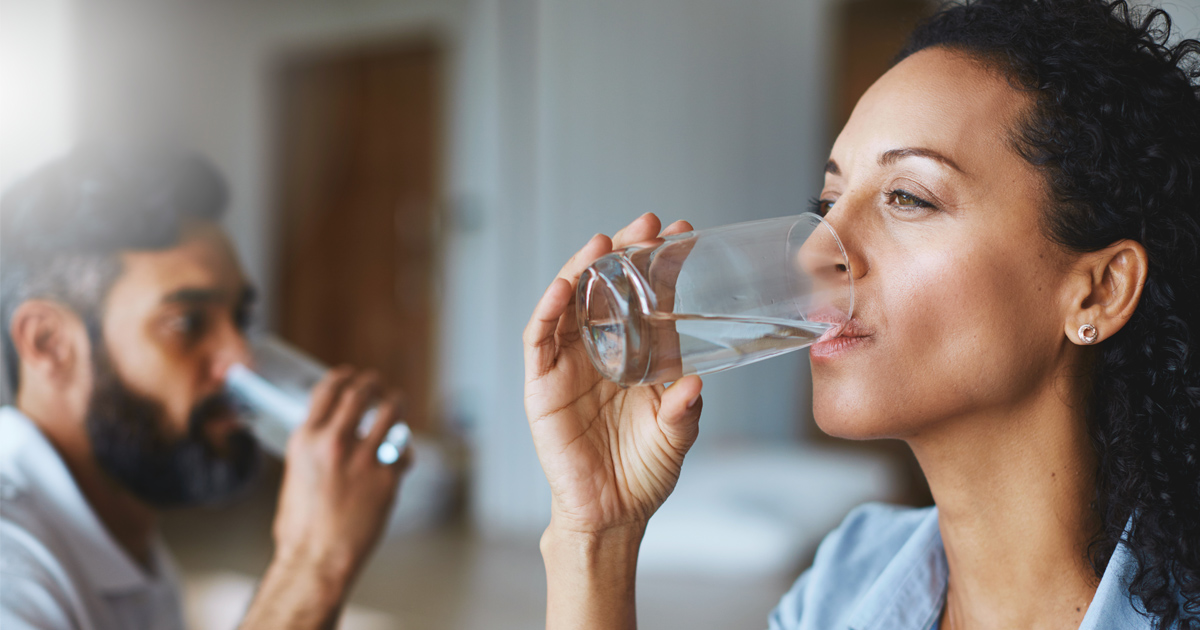
The average human body is composed of approximately fifty to seventy-five percent water, depending on their age and gender. For this reason, it is important for everyone to meet the recommended daily intake of water. The last thing anyone wants is a lack of water as it is severely dangerous to their health, especially in infants and the elderly. Dehydration can occur through frequent urination, respiration, sweat, and even tears. Side effects of dehydration include fatigue, vomiting, nausea, and clogged pores. Human skin is abundantly drier while dehydrated, and leads to clogged pores that are home to bacteria and dead skin cells. Drinking lots of water will keep individuals hydrated, and control acne from clogged pores.
Stress

Stress is a normal part of life and is one of the more common causes of acne breakouts. During stressful times, individuals experience a hormone fluctuation that causes an excess amount of oil on the skin than normal. Specifically, it is this secretion that causes more acne blemishes. A quick and easy solution to avoid a breakout during stressful times is to learn how to cope with stress properly. Although everyone is different and may have different techniques, some great methods for managing stress are meditation, yoga, exercise, sleep, and writing a 'rant letter' to let emotions out safely.
Genetics
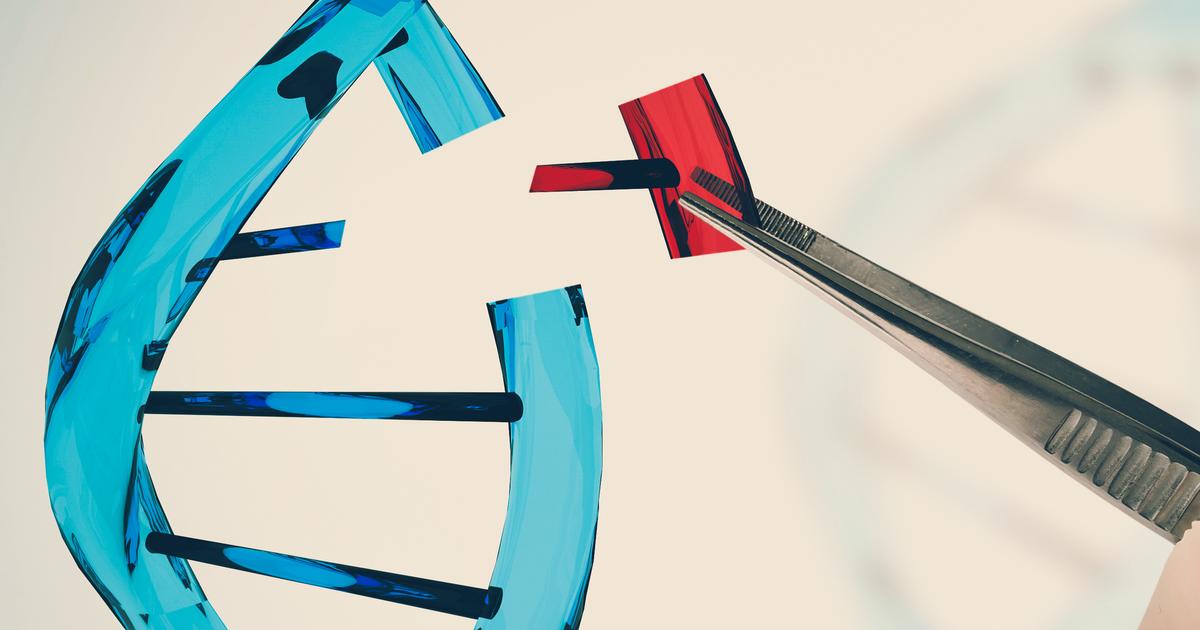
Unfortunately, humans do not get to choose their genetic makeup. Because genes are hereditary and determined by parents and family members, an individual's physical appearance depends on the genes they inherit from their parents. If one parent tends to have acne breakouts, or suffered from them as a teen, then it is likely their child will have acne as well. Moreover, human beings are susceptible to other health issues through their family's genetic disposition. However, other factors such as the individual's surrounding environment can trigger health problems, especially during high periods of stress. Similarly, the example above of an individual who inherited acne can trigger that acne in stressful environments. Luckily, a visit to the dermatologist can help solve this issue.
Hormones
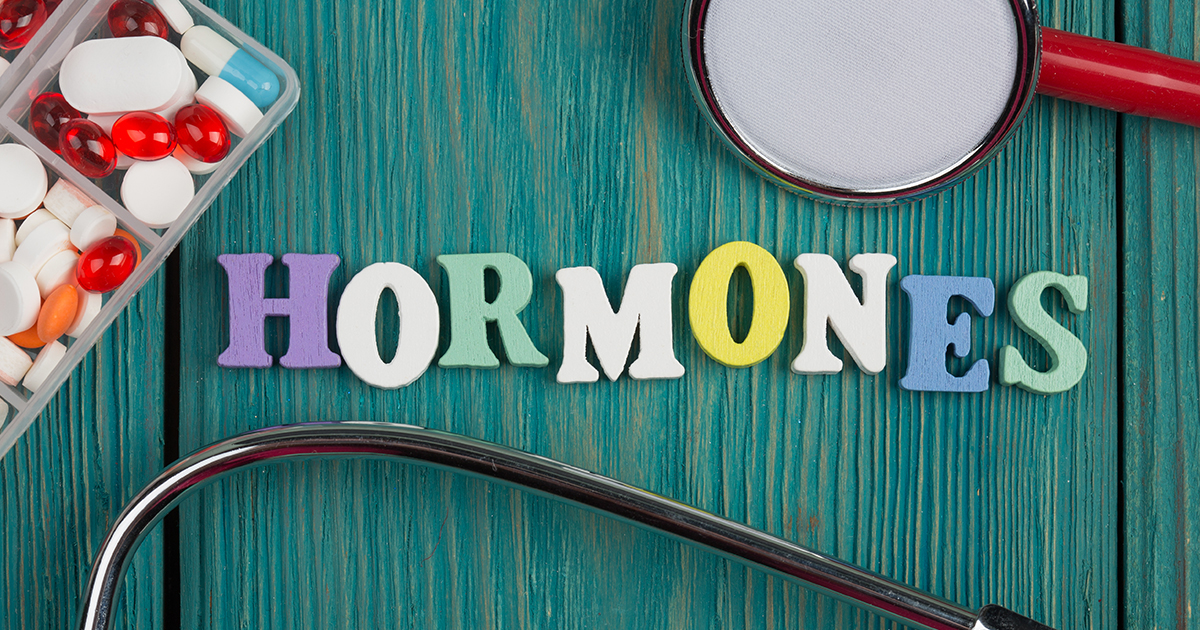
Hormones are frequently said to be the reason for constant acne breakouts during adolescence. In the interim time of adolescence years, teenagers go through puberty that causes their bodies to develop and change. Given that, puberty transpires under the command of the human brain by releasing hormones into the bloodstream from the pituitary gland in the brain. Eventually, hormone levels should settle down to an average state, resulting in fewer breakouts. Adults can develop acne too due to high hormones. Women are more vulnerable to acne breakouts because of alterations in their menstrual cycle. Additionally, while some women who take birth control may notice a break in acne breakouts, for some women it is the latter. If this is the case, individuals should speak to a doctor about a hormonal blood test to make sure birth control is not the cause of acne.
Medicine
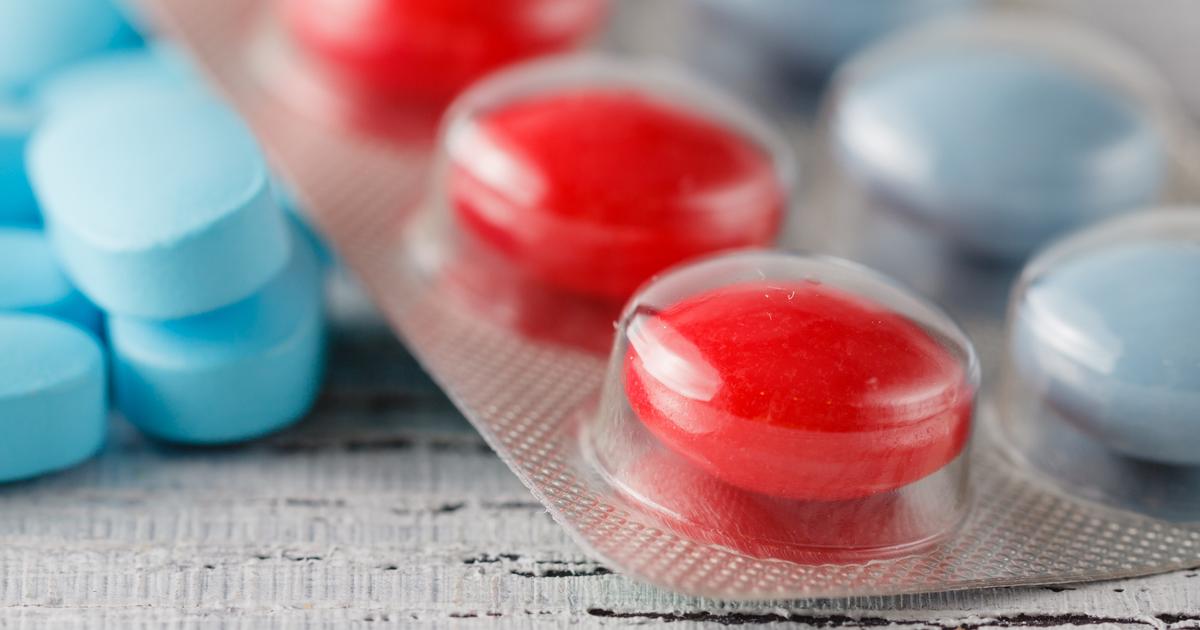
Medicine's purpose is to help improve an individual's health, but sometimes they come with unexpected side effects. If a patient is experiencing any unexpected side effects, they should report it to their doctor immediately. Unfortunately, there are quite a few medications that can cause or worsen acne. These medications include androgenic steroids, anticonvulsants, barbiturates, bromides, corticosteroids, DHEA, iodides, and lithium. Ultimately, these side effects vary from patient to patient, as reactions vary based on genetics and other factors. Either way, those dealing with acne and who are taking medications should consider consulting their doctor about their situation.
Hygiene
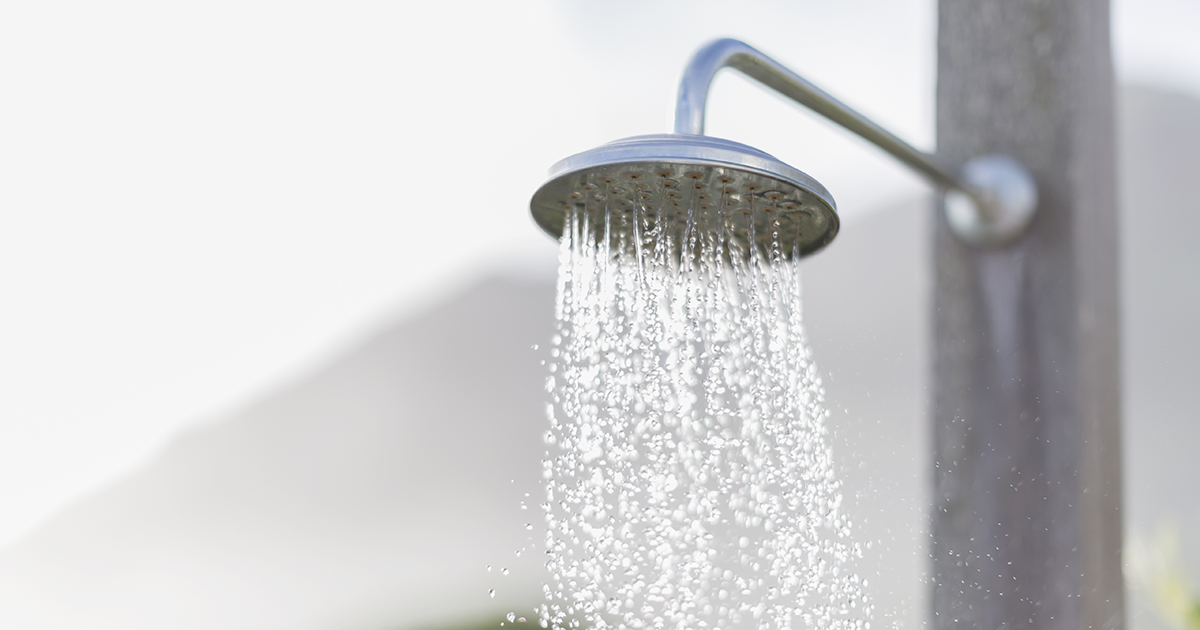
Hygiene is highly important for several reasons. First, it keeps human beings from developing diseases, infections, and acne. Also, it keeps everyone from smelling bad! Most individuals believe their sweat is the reason why they smell funny, but this is a common misconception. Technically, sweat is not what is producing an unfortunate scent. Instead, it is the smell of bacteria. Showering and bathing regularly is an essential solution to good hygiene. It is equally important to wash the face daily to prevent acne from developing. When cleaning the face, individuals should not use soap or scrub harshly on their face as they irritate the skin, and this could cause more acne. For this reason, individuals should try rubbing a moderate amount of delicate cleanser on the face lightly, twice a day.
Exercise

Though it may be surprising to some individuals, hitting the gym or participating in sports can contribute to acne breakouts. This can be due to bacteria as well as oil and sweat. For this reason, individuals should clean gym equipment and things like helmets after using them, or even before if they are unsure if the last person using it cleaned it. It is also important to have a change of clothes when exercising, as swearing sweaty clothing can cause body acne. As mentioned previously, showering right after exercising and putting on a clean set of clothes will help avoid acne, as well as regularly washing things like uniforms and sports gear.
Topical Agents
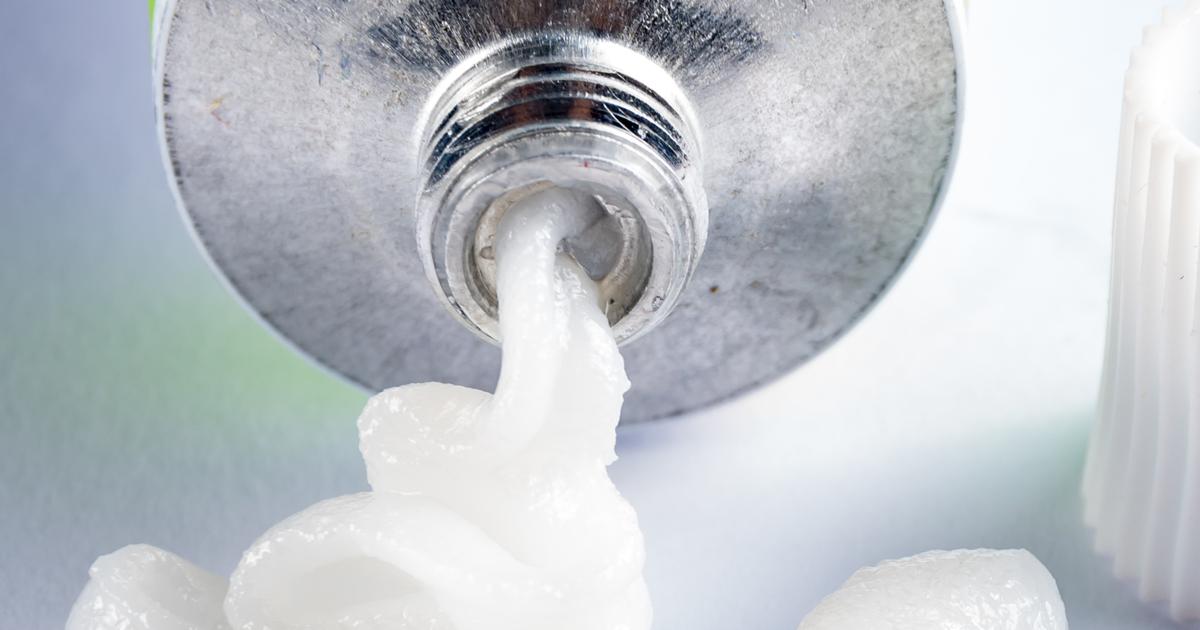
Topical agents are medications applied directly to the skin to provide relief for a medical ailment. Because they typically come in the form of a lotion or gel, they can cause acne. However, because everyone is different, and therefore everyone will have different reactions and experiences with topical agents, some individuals can use topical lotions on their face and not undergo a single blemish, while others who have sensitive skin will end up with acne breakouts quickly.
If someone is not able to pinpoint the cause of their acne, some topical agents might be the cause and they should look over their formulations. In cases like this, product shifts can help, as can using over-the-counter treatment for acne. Specifically, products with salicylic acid or benzoyl peroxide are great with fighting off pesky pimples. If these do not work, patients can always discuss their situation with a doctor and look at prescription treatments.
Bacterial Infection
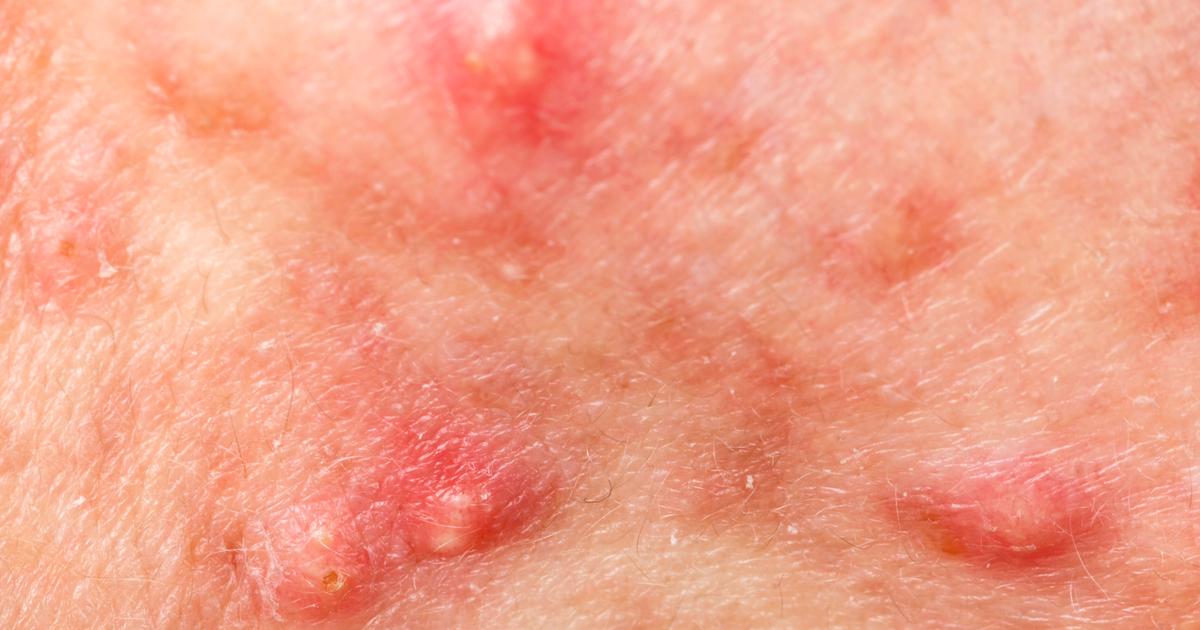
As hinted at, bacteria is another major cause of acne and breakouts. The sebaceous glands produce oils to help coat hair and hair follicles, as well as oil to keep the skin supple. When the oil gets clogged in pores, it can cause a buildup and trap bacteria, which is what can cause little tiny infections that appear as whiteheads or blackheads. In some cases, it can also cause acne nodules. Thankfully, infections involved with acne can be treated with a prescription antibiotic, which can also be paired with another acne treatment ingredient like benzoyl peroxide.
Dead Skin Cells
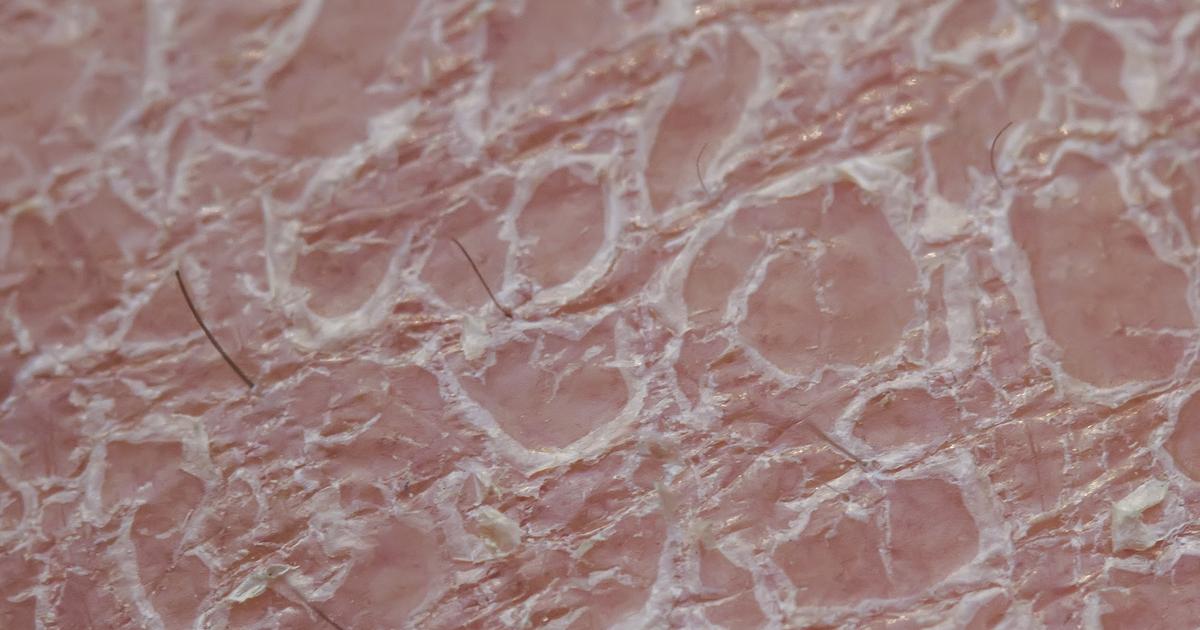
Dead skin cells can clog the hair follicles and pores, and when this goes unchecked for an extended period, it can result in acne. Sometimes this is mild acne, but when dead skin cells truly get out of control, it can mean severe acne. Clogged pores can mean bacteria, dirt, and sebum get stuck as well, which is what can irritate the skin and result in blemishes. These blemishes can appear as blackheads, whiteheads, or pimples. To prevent an overabundance of dead skin cells on the face, individuals should wash their face regularly. For those who do get acne quite a lot, they may wish to look at products formulated with ingredients designed to reduce acne, such as salicylic acid. They should also be sure to keep their hair out of their face to prevent the spread of oil.
